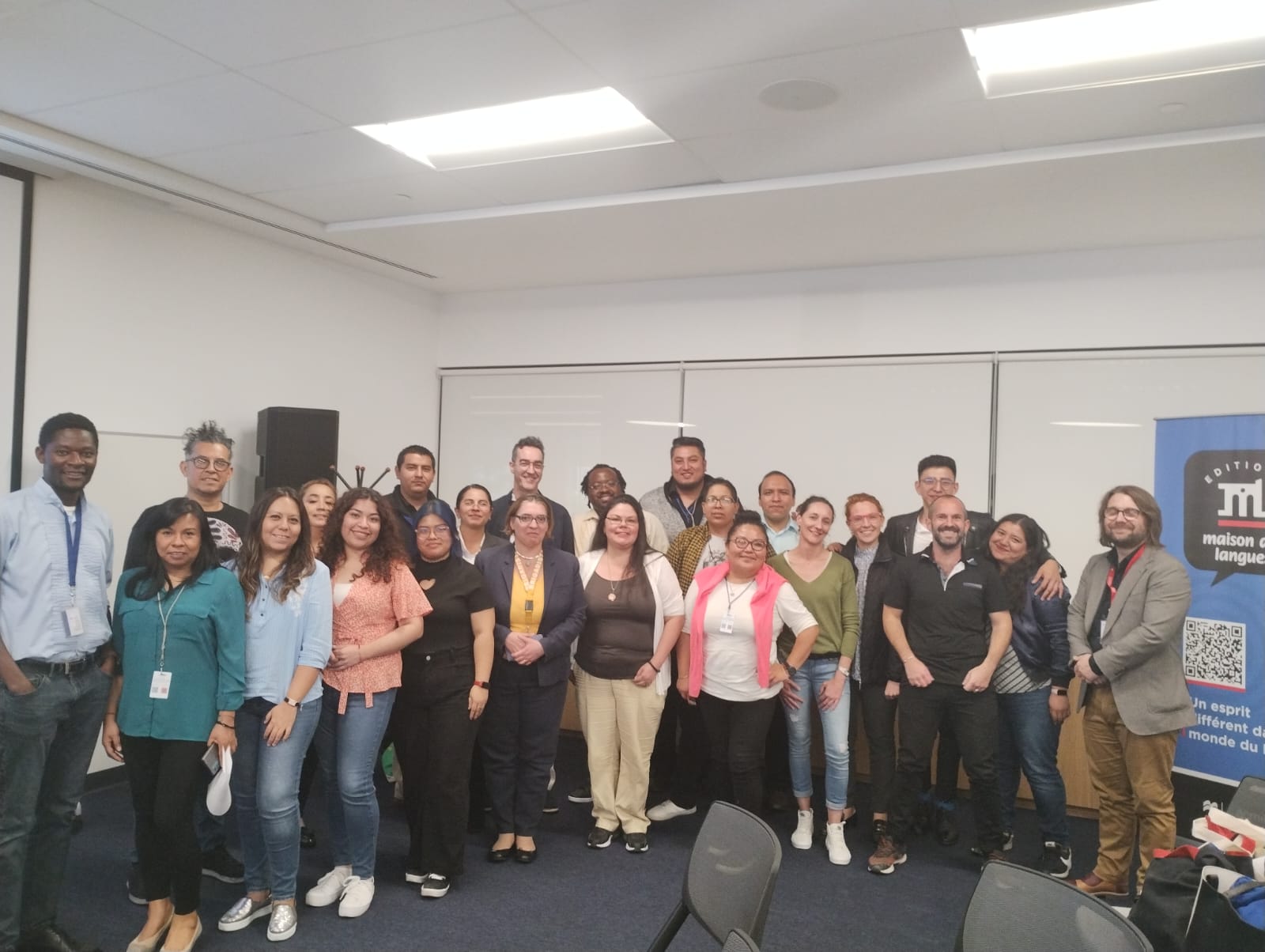When you learn the vocabulary of a new language, Do you memorize or relate it?
The hard part of learning a new language is having to learn everything you know in a new vocabulary. To make the words stick in your mind, I suggest that instead of memorizing them, you relate them or make an emotional connection with the new words. Relate: When I started French, I had trouble remembering…







